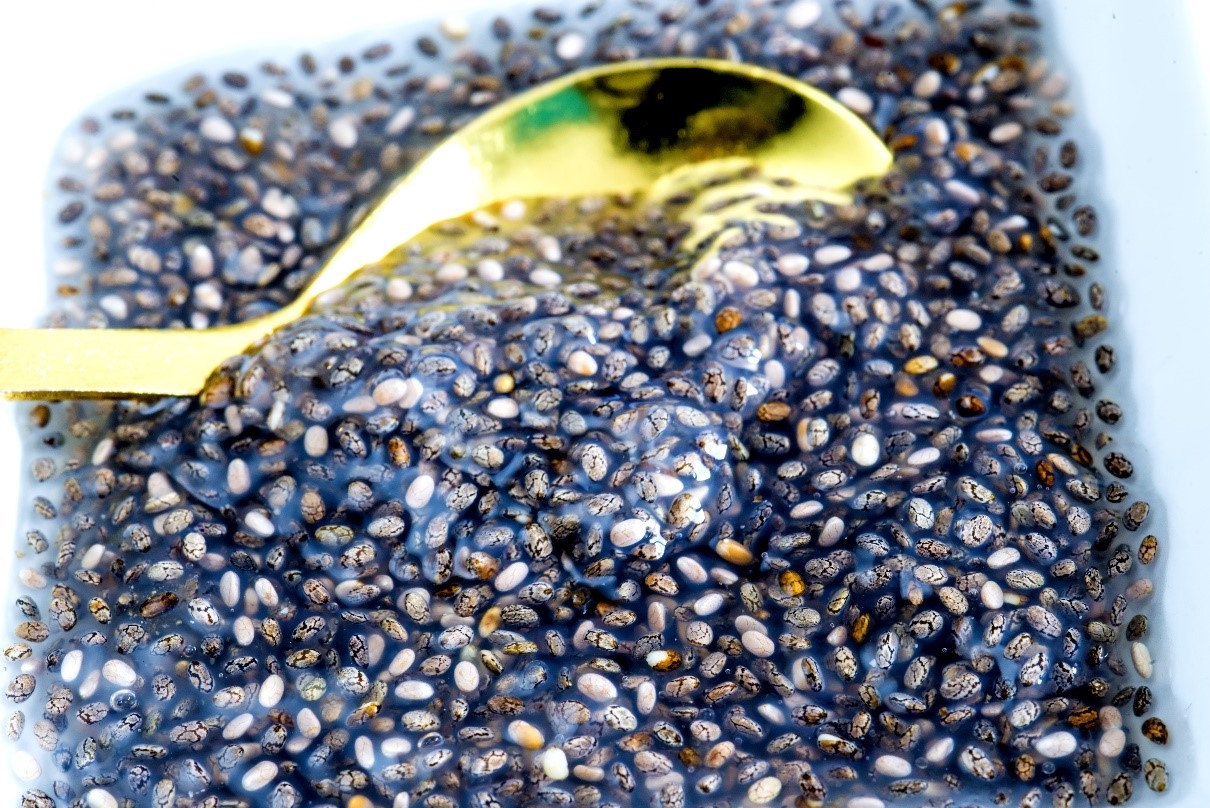Not Just Another Bandage: Novel Plant-based Wound Dressing with Superior Healing Powers
Scientists have developed a new and superior plant-based hydrogel wound dressing
Research published online in Advanced Healthcare Materials in November, 2023

New plant-based hydrogel dressing made from chia seed mucilage and polyvinyl alcohol can help in effective wound healing
The skin is the largest organ in the human body, and it functions as the first line of defense against infection and pathogens. Disruptions of the skin layer could lead to wound formation. If the individual affected by the wound has preexisting conditions, such as diabetes, their wound-healing processes may be affected. Since open wounds can become infected, wound dressings find applications in combating such infections. These dressings also provide a localized environment on the skin that is conducive to the healing processes.
Modern-day wound care has evolved from shielding against infection to promoting skin regeneration and reducing tissue scarring. Plant-sourced hydrogel wound dressings have gained traction as contenders for improved wound healing. Hydrogel wound dressings provide a moist environment that facilitates faster healing and other skin-related recovery processes.
Recently, Yonsei University researchers developed a novel plant-based hydrogel wound dressing using chia seed mucilage (CSM) and polyvinyl alcohol (PVA or P) called CSMP.
When asked about the motivation behind this research, Prof. Yong Shin, who led the study as one of the corresponding authors of this study, says, “I was captivated by the extensive use of plant-based products in modern cosmetics and healthcare, which further encouraged me to investigate the non-toxic nature of plant materials as wound dressings.”
Using the mucilage content of chia seeds (which contain long-chain sugars with potential skin benefits) and polyvinyl alcohol (a non-toxic and water-soluble synthetic polymer), the researchers created a hydrogel dressing named CSMP. It showed adequate mechanical strength and improved flexibility with superior water absorption capabilities while maintaining its adhesiveness and transparency. CSMP exhibited appreciable anti-bacterial and anti-fungal activity against common pathogens. Apart from being biocompatible in an in vitro cell-based system, the wound healing studies were also promising.
Using rodent models, the researchers compared CSMP with commercially available wound dressings. They observed that CSMP yielded positive results related to gene and protein expression, thus underscoring the superior wound-healing properties of CSMP.
When asked about the long-term goals of this research, Prof. Shin exclaims, “Considering that CSMP uses plant materials, production of CSMP wound dressings on a large scale would be cost-effective. With further adaptations, CSMP can be developed against specific disease models, thus benefitting the society.” The research findings regarding CSMP were published online in Advanced Healthcare Materials on November 07, 2023.
With increasing incidences of chronic wounds such as diabetic ulcers and pressure-induced skin ulcers, novel research such as the development of CSMP—a plant polysaccharide-based hydrogel wound dressing—can play a transformative role in future wound management therapies.
All thanks to the Yonsei University research team, the novel plant-based CSMP wound dressings may soon find a place in our first-aid kits.
Title of original article: CSMP: A Self-Assembled Plant Polysaccharide-Based Hydrofilm for Enhanced Wound Healing
Journal: Advanced Healthcare Materials
Contact corresponding author: Prof. Yong Shin (shinyongno1@yonsei.ac.kr)
Recommended Articles
Professor Myeong Min Lee
A QUIRKY twist of fate: understanding epidermis cell differentiation in plants
Professor Jihyun F. Kim
Microbial Mercenaries for Plant Disease Resistance Ungrounded